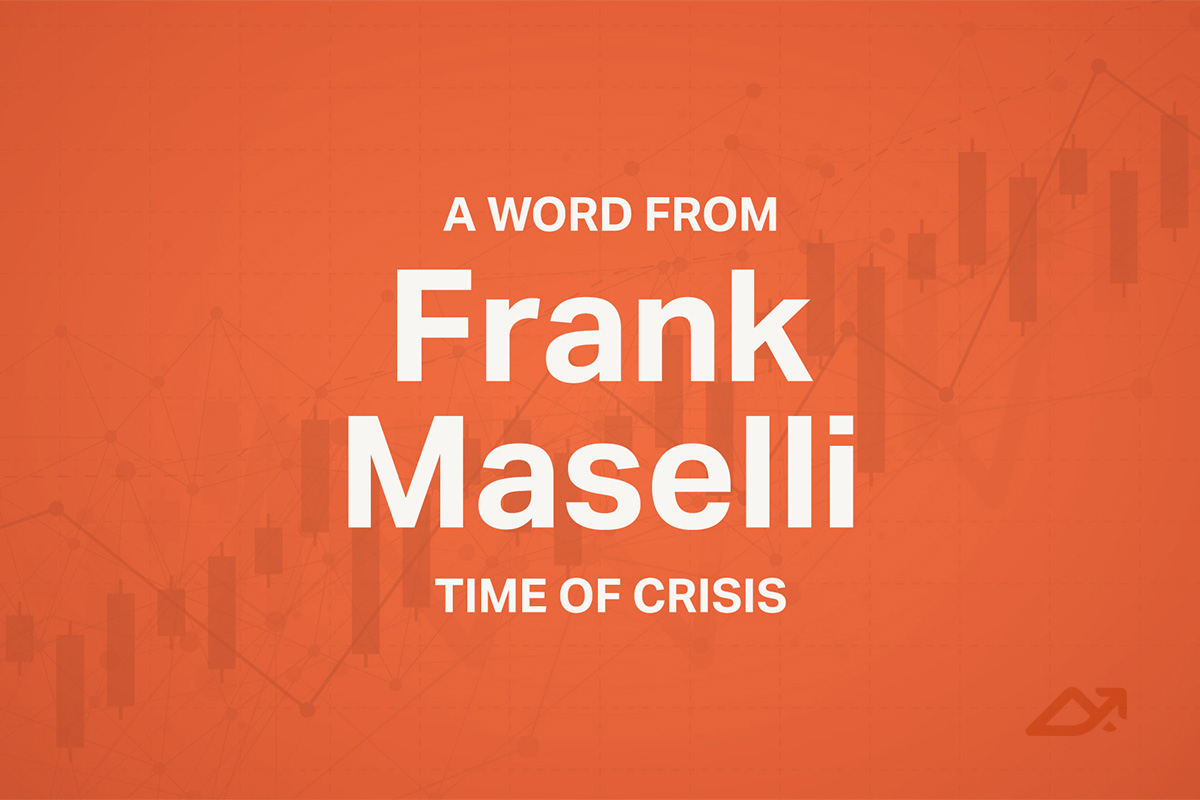Bill, a financial advisor, stood in front of a full room, clicking through his seminar slides filled with charts, percentages, and bullet points. He’d spent hours prepping this presentation for his seminar on taxes, confident that cold, hard data would be enough to persuade his audience to move their money.
But as he spoke, the energy in the room faded. Blank stares. Glances at phones. A few stifled yawns. By the time he got to his conclusion – his big call to action – half of the room had mentally checked out.
Meanwhile, across town, another advisor, Shea, was telling a different kind of story. She stepped onto the stage and began:
“I want to tell you about a client of mine, Jennifer. Jennifer came to me feeling overwhelmed.
She had worked hard her whole life but wasn’t sure if she could retire comfortably. She had savings but no clear plan. We worked together, made a few strategic shifts, and today, she’s traveling the world with her family, knowing her future is secure.”
The audience leaned in. They saw themselves in Jennifer. Her concerns, her uncertainty. And more importantly they felt her relief. By the end of the night, Shea had a dozen appointments booked, while Bill was left wondering where he went wrong.
The Science of Storytelling (and Why It Works in Finance)
Many financial advisors make Bill’s mistake. They assume numbers and facts alone will persuade potential clients. But that’s not how the human brain works.
Neuroscience tells us that when we hear raw data, only the language-processing parts of our brain engage. But when we hear a story, the brain lights up – the parts of the brain that are responsible for emotions, senses, and even movement.
That’s why great stories don’t just inform; they make people feel something. And emotions drive decisions.
Think about it. Have you ever sat through a dense financial seminar and felt like you were drowning in jargon?
Now contrast that with a time when someone shared a vivid, real-life story – one that pulled you in and made you feel something. Which one stuck with you?
From Facts to Feelings: Building Trust
In the world of financial advising, trust is everything. If people don’t trust you, they won’t invest with you.
A well-told story creates an emotional bond between you and your audience. When clients see themselves in the story, they trust that you understand their fears, challenges, and dreams.
Shea didn’t just talk about financial strategies – she gave her audience a hero (Jennifer), a struggle (her uncertainty about retirement), a guide (herself, as the advisor), and a solution (a financial plan that provided peace of mind). This structure mirrors the storytelling techniques we see in books and movies – because they work.
The most impactful messages aren’t just lists of facts – they’re woven into compelling narratives that draw us in and stay with us.
How to Captivate Your Audience
If you’re a financial advisor who wants their seminar to stand out, you must master storytelling. Here’s how:
- Start with emotion – Open your financial seminar with a relatable fear, problem, or goal that your clients experience (fears work well, but avoid fearmongering).
- Make it personal – Share real (or anonymized) client stories that illustrate transformation.
- Use vivid details – Instead of saying, “She was worried about retirement,” say, “She lay awake at night wondering if she’d outlive her savings.”
- Keep it simple – Avoid industry jargon. Speak in the way people feel.
- End with a clear takeaway – Show how your expertise made the difference and invite them to take the next step.
What Sets Top Advisors Apart
At the end of the day, both Bill and Shea knew their financial strategies inside and out. But only one had a winning financial seminar strategy – and connected with their audience.
Data doesn’t sell. Emotion does.
The best financial advisors aren’t just great with numbers – they’re great at telling the stories that make those numbers matter.
So, the next time you step in front of an audience, remember: the best story wins.
Will it be yours?




.jpg)
















